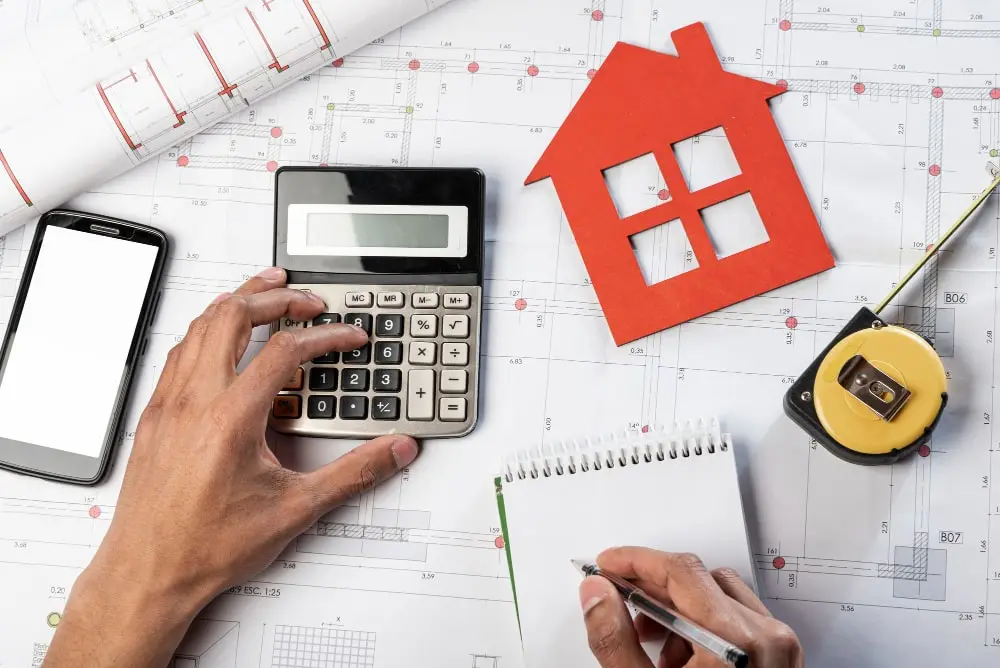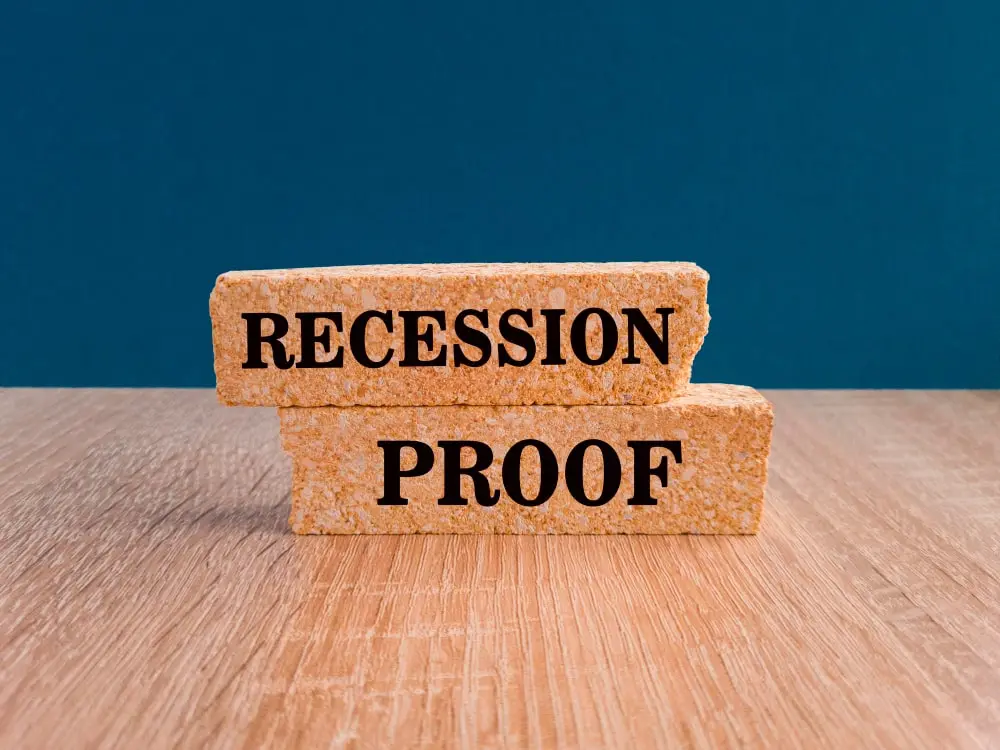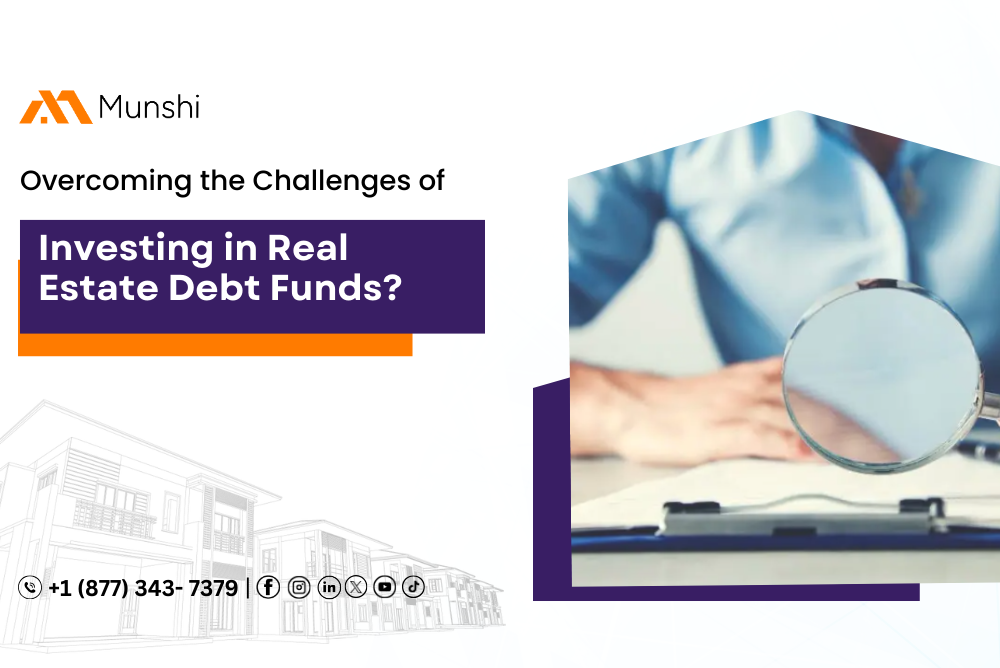Table of Contents
ToggleIt is reasonable to assume that we are in a period of transformation. The stock market might reach new highs one day and then fall the next. We’ve experienced the single greatest drop in GDP in history, yet some economists argue that we’re not in an economic downturn. It is an understatement to suggest that things are unpredictable and that typical investing alternatives lack stability and permanency.
It appears that now is the moment to resort to the least risky investment choices available, such as precious metals, because even real estate appears to have peaked and may face a lengthy road to recovery. However, this path leads to financial stagnation. Higher yields and demonstrable profits are in great demand among investors.
According to commercial real estate data source Trepp, commercial real estate debt in the United States will amount to $5.62 trillion in 2022. Before delving into the specifics of it, let’s explore what real estate debt is and how they can be advantageous to those investing in them:
What Exactly Is Real Estate Debt?
Real estate debt is exactly as it sounds. Most of us have it in one way or another. What about your 30-year mortgage? That is mortgage debt. There are several additional instances of real estate debt investments available, ranging from SBA loans to acquire new company facilities to home repair loans backed by a house’s equity.
Comprehending real estate debt investments necessitates a mental adjustment. You must remove yourself from the consumer perspective and place yourself in the shoes of the lender. That is essentially what this real estate debt investment approach includes – you become the lender, assisting others in realizing their aspirations of homeownership or company establishment. In exchange, you receive a return on your capital investment plus interest.
How Do Real Estate Loans Function?
Real estate debt investment is a very straightforward concept. It’s considerably easier to understand than other investing alternatives, most of which give a fraction of the return and carry far more risk. Here’s a simple example:
- A family wishes to sell their house and buy a new one.
- They can’t afford a deposit (also known as a down payment) until their existing house sells, but they can’t sell until they find a new place to live.
- A bridge loan can give the required financial flexibility by providing the family with the funds for a down payment, closing expenses, and other expenditures while awaiting the first house to sell.
- The family contacts a real estate debt investment firm (such as a hard money lender).
- The firm evaluates the circumstances and the properties before alerting its shareholders to the opportunity.
- The corporation offers the family a bridging loan to help them move into their new house.
- The family’s original house is sold, and the earnings are used to pay back the bridge loan.
- The company is reimbursed, and the interest is distributed to the individual or group of individuals who contributed the money in the form of an acceptable rate of return.
Of course, this is a very simplified example. It is also only one illustration of what can be accomplished with real estate debt investment; there are as many variations as prospective borrowers.
It does, however, demonstrate the core premise and how easy the procedure actually is. Bridge loans (as mentioned above), rental property loans, building loans, and property rehab loans are some of the most popular kinds of real estate debt. There are multiple benefits that come with real estate debts as well.
What Are the Advantages of Real Estate Debts?
Reliable and steady returns: Real estate debt is well-known for its consistent and stable yields, making it a popular investment option. The character of the property market, which is typically believed to be less volatile than other markets, accounts for the stability of these returns. Furthermore, property values in Australia have tended to rise over time, giving investors the possibility to profit from capital gains.
Portfolio diversification: Investment in real estate debt can help broaden your investment portfolio, lowering overall risk. You may protect yourself from possible losses in any one sector by diversifying your assets across several asset classes and markets. Because real estate debt has a low connection to other asset classes such as equities and bonds, it can serve as a successful hedge against volatility in the markets.
Higher potential returns: Real estate loans have a possibility of outperforming typical fixed-income assets such as bonds. This is because real estate debt often has higher interest rates than bonds issued by governments, giving investors a larger yield. Furthermore, real estate debt is frequently backed by physical assets such as property, providing investors with an extra degree of protection.
How to Mitigate Risks Associated with Real Estate Debt?
Another important factor to examine when selecting a real estate debt lending partner is the firm’s lending mitigation plan. All real estate loans include some level of risk. The lending platform, on the other hand, should have a plan in place to assist decrease your risk:
- Assessing the overall value
- Checking for a clear title
- Verifying your income and capacity to pay
- Obtaining enough hazard insurance
- First mortgage review; in some cases, we adopt a second perspective.
- The creditworthiness of the borrower
Is Taking on Real Estate Debt Right?
You deserve to be able to plan for a prosperous, worry-free financial future. Conventional investments, on the other hand, either lack the required high yield or are so risky that they are unwise options. Real estate debt might be a realistic choice to help you build a nest egg, enjoy the agility of shorter-term investments, and profit from high rates while still protecting your capital against loss.
Having stated that, each investor’s scenario is unique. What is appropriate for you may be taboo to someone else. Before evaluating if real estate debt investment is good for you, we recommend consulting with a tax adviser. Good luck!
With Munshi Capital Real Estate Debt Funds you can explore the realm of real estate debt as a secure investment option. Find out how this approach can increase your potential gains, diversify your portfolio, and deliver dependable results.





